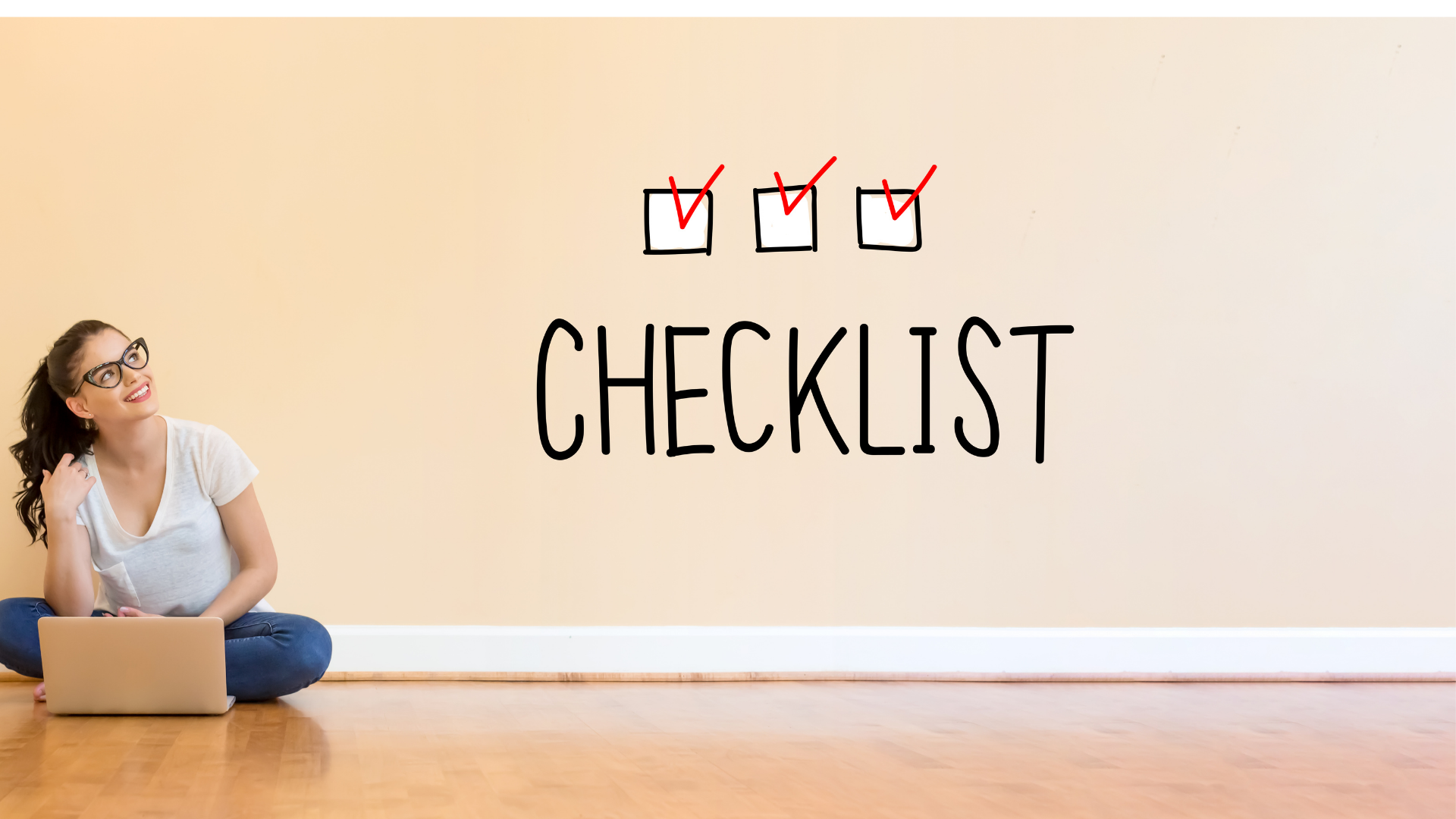EOFY checklist for small business owners
Whether you’re new to running your business or have been your own boss for years, the end of the financial year is a busy time. Juggling bookkeeping, tax returns and planning in addition to your usual workload can mean long hours, with many SME owners struggling to find time in the work day to deal with EOFY administration and paperwork.
Taking a planned approach to preparing for the end of the financial year – and starting early – will give you the best chance of meeting your EOFY commitments without spending your nights in front of a computer after a long work day. While accounting and tax preparation may not be your favourite activity, getting on top of it early gives you the best chance of keeping your personal time for yourself and the things you’d rather be doing.
EOFY tax and compliance requirements
Australian tax law requires all business owners to keep records of all the financial transactions they entered into during the financial year (1 July - 30 June). This includes documentation explaining how your income and expenses figures were determined, and documents to support these calculations.
To ensure tax time is straightforward and stress-free, have the following sorted before 30 June:
- All BAS statements for the year lodged with the ATO. If you’ve let your BAS commitments slip, contact the ATO to arrange to catch up and put a system in place to ensure you stay on top of your BAS in 2019/2020.
- A complete profit and loss statement which lists your sales and expenses.
- A stocktake that describes each article of stock you have on hand and its value. The ATO requires business owners to do a stocktake if their turnover is $10 million or more, or where their turnover is less than $10 million but the difference between the value of their stock at the beginning and end of that financial year is more than $5,000.
- A summary of your debtors and creditors.
- A record of assets for depreciation and capital gains tax (CGT) purposes. You should keep the original purchase agreements or invoices for any assets you own, and records of any expenses you incur to improve or maintain that asset.
- An annual summary of PAYG withholding, fringe benefits tax (FBT) and GST.
- A summary of all superannuation payments made that financial year.
What tax deductions can I claim?
If you’re a small business (defined by the ATO as a business that has an annual revenue turnover of less than $2 million, excluding GST), you can claim a tax deduction for most costs you incur in running your business, so long as you have comprehensive records to prove them. If an expense is for both business and private use (such as a laptop that you use at both work and home), you can only claim the portion that relates to your business.
Make sure you keep thorough records to support your claims; the ATO requires that these are kept for at least five years.
EOFY strategic planning
While there are plenty of financial requirements to meet at end of financial year, it’s important that you don’t overlook planning for the future of your business as part of your EOFY checklist. How did your business perform compared with forecasts and your expectations? What are you looking to achieve in the next 12 months and three to five years – and what are you doing to reach those aspirations?
Take time at EOFY to consider:
- Your business plan. This should be a document that outlines your plans for the future and details what success looks like for your SME. Changes to the markets you serve, the products or services you sell or the way you operate should all be documented in your business plan. If yours could do with a refresh or you’re not sure where to start, speak to your accountant about helping you to pull a business plan together.
- Your business insurance. Do you have an adequate level of cover? As a business owner, you should ensure you both you and your SME are appropriately insured. If you’re unsure about the essential insurance products for your business or industry, an insurance broker can guide you through the process.
- Your OH&S and operational policies. Review your operational health and safety policies to ensure they reflect your current ways of working and will keep your workplace safe. If you’re using a new piece of equipment or machinery, this should be reflected in your OH&S manual.
Your financing arrangements.
EOFY is a great time to critically review your financial arrangements and see if there’s a better deal out there. Many SME owners use personal loans and credit cards to fund their businesses because they can’t – or don’t have time to – meet the stringent requirements of most banks. Alternative finance offers are growing hugely in popularity for this reason – speak to your accountant about options to restructure your business’s funding approach.
Earlypay has supported Australian SMEs with fast and flexible alternative funding solutions for more than 30 years. Our invoice finance and equipment finance products allow business owners to proactively manage their cash flow, freeing up your working capital for investing in growth. To chat about whether our solutions could be right for your business, call us on 1300 760 205.
